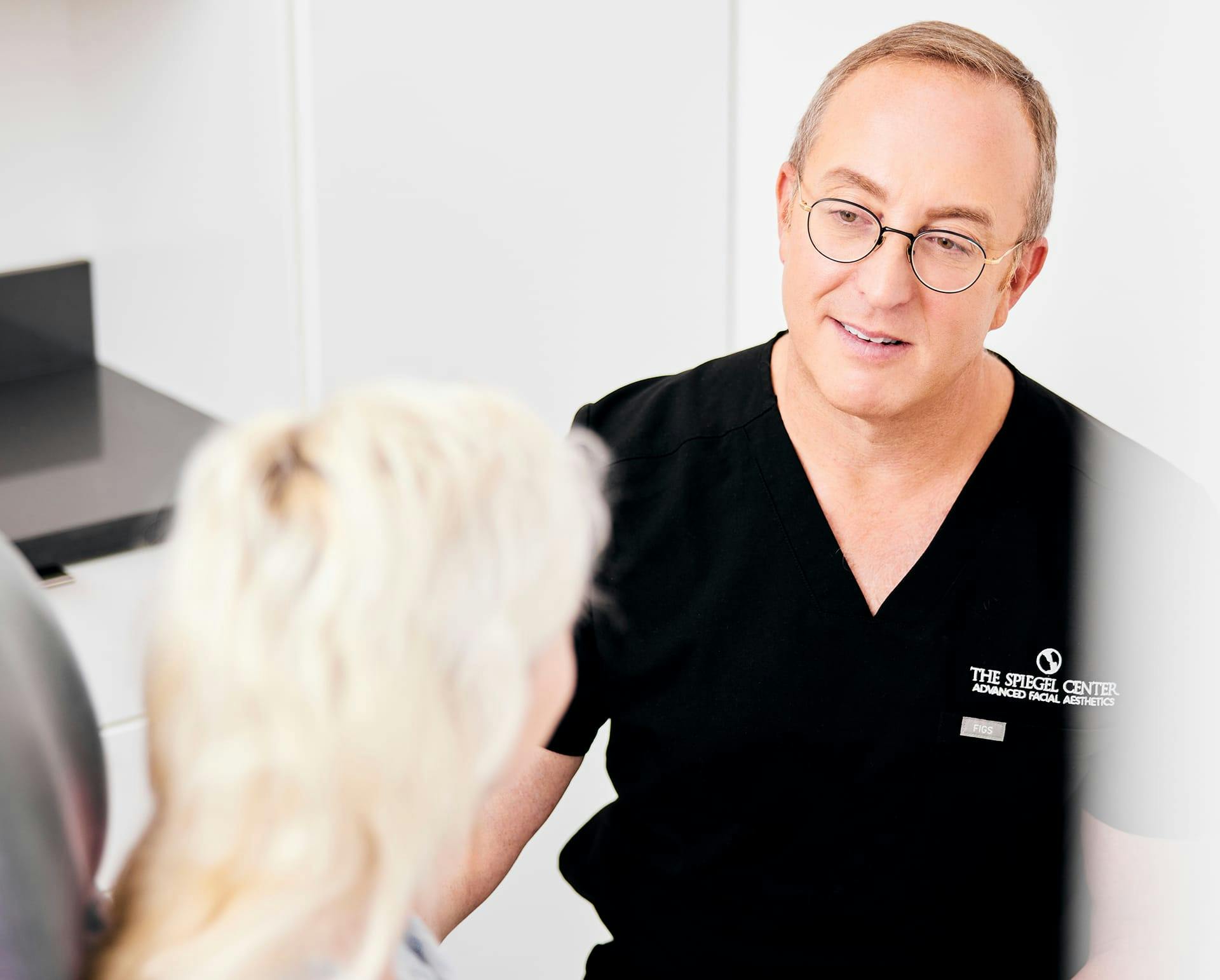Post-Operative Wound Care
Keeping your wounds clean is extremely important. It not only prevents infection but it results in a better healing outcome. About 48 hours after your surgery you will want to take a shower. This will help clean up the old blood around the wound edges.
Typically a team member will do the first dressing change the day after surgery. At this time, the specific protocol for you will be demonstrated. On subsequent days you’ll want to remove the elastic wraps to check your wound. Please always wash your hands (and wear gloves if you are a family member or friend helping) before a dressing change. After the wraps are removed, look for scabbing or crusting along the incision. To help with this you can mix, in equal parts, water and hydrogen peroxide. This can be applied to the crusts and scabs with a cotton swab, cotton ball, gauze, or washcloth. Often times you’ll see the scab start to “fizzle." This fizzle is the solution breaking up the little blood clots and other debris on your wound. Be very gentle in this process. Make sure not to pull the wound apart while applying this solution. After applying the half-strength peroxide solution, clean the skin around the cut with a soft cloth or gauze pad soaked in soapy water or a mixture of saline solution. Sometimes you may be told to shower and shampoo. Finish with clean water, then gently dab the skin dry. Following this, petroleum jelly (e.g. Vaseline) or an antibiotic ointment can be applied.
After the wound is properly cleaned, apply the elastic wrap bandages around the area. The care team at The Spiegel Center will tell you how snug they should be. The most important thing to remember is to follow our instructions on how to manage and keep the area clean. If you notice that the stitches have broken or that the wound is weeping, red, or swollen, contact us immediately, as this might be a sign of a developing infection.
As with any surgery, minor or major, make sure to avoid alcohol and other drugs without discussing them with the doctor. Pain medications such as oxycodone, vicodin, percocet, codeine, and even acetaminophen do not mix well with alcohol and can be very dangerous to you and others. Of course, do not operate a motor vehicle or other machinery when taking narcotic pain medication. Take all medication only as prescribed and check with us if you have any questions.
A balanced diet is always recommended for general well-being and sound healing. If you have had an incision inside your mouth, you may want to avoid hard, crusty, crunchy, acidic, and spicy foods in the beginning. We at the Spiegel Center are always available to help. If you have any questions or concerns, contact us, and we will provide support and advice.














